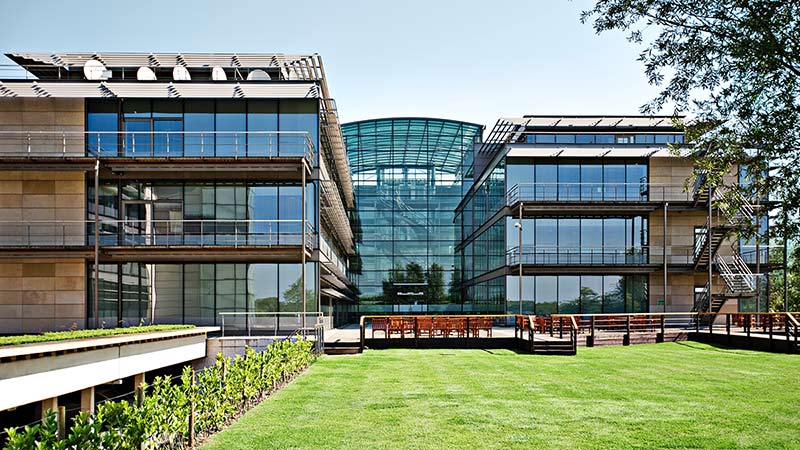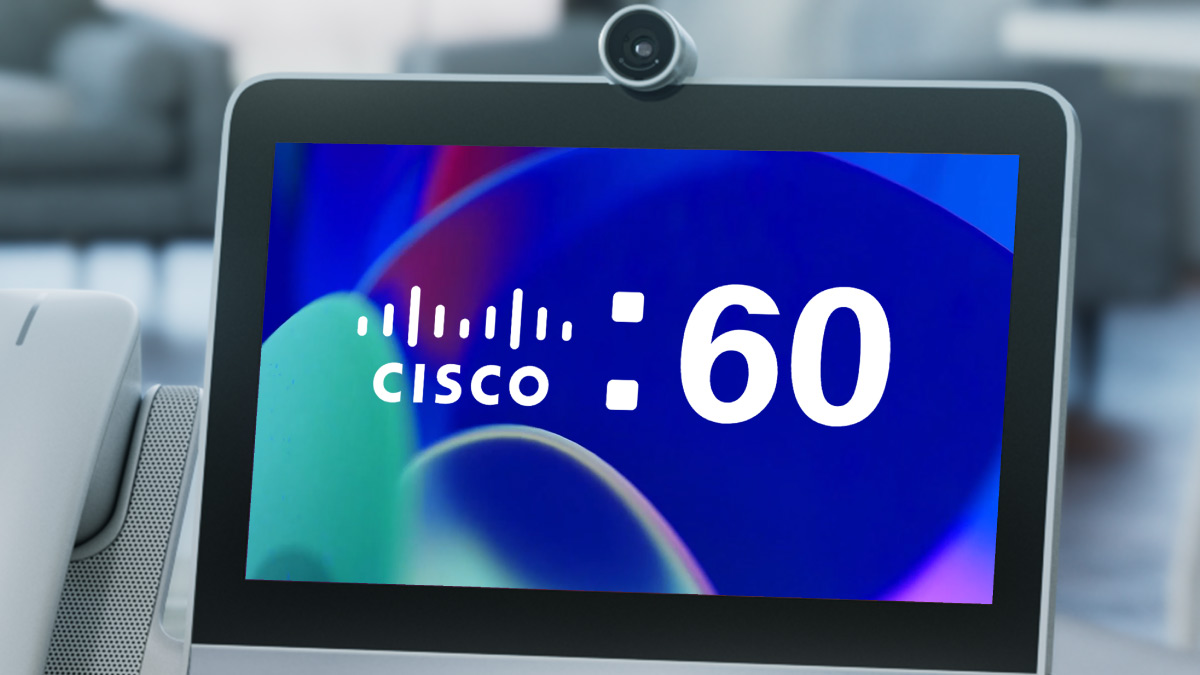London, 22 December 2011–The Ecosystem Services for Poverty Alleviation (ESPA) programme has selected Cisco’s Telepresence Movi, to improve its access to key partners, researchers and government bodies across the globe. Movi is helping ESPA to connect with remote communities as well as helping to reduce the organisation’s environmental footprint, a high priority for a world-leading environmental programme such as ESPA.
ESPA is a programme that delivers high-quality, cutting-edge research that aims to improve understanding of the way ecosystems function, the services they provide and their relationship with the political economy and sustainable growth. ESPA’s goal is to ensure that in developing countries, ecosystems are being sustainably managed in a way that contributes to poverty alleviation as well as inclusive and sustainable growth. This often requires speaking to communities in some of the remotest locations in the world.
ESPA was looking for a reliable video collaboration solution that would provide a high quality experience with interoperability so that it could be used across various different IT systems in isolated communities.
“A large part of our work at ESPA involves jumping on planes to meet with partners across the globe, in often very remote places. It’s not unusual for either ourselves or our partners to spend days travelling just to attend a 2 hour meeting. We wanted to look at a new way of working that would enable us to still meet face-to-face but would be inclusive for those parties that couldn’t necessarily attend in person,” said Professor Paul van Gardingen, Director of ESPA.
“While trialling Movi, we undertook an initiative in Argentina that involved speakingwith children at a remote secondary school in Colalao del Valle in Tucumán, to find out how they felt their environment could be improved. The problem was that they had no internet connection in their school. This is a challenge ESPA often faces so, undeterred, we decided to link with the school using video conferencing over a satellite modem.”
Once connected, the young people were able to talk about their hopes for the future and had prepared statements about why the environment and ecosystems are so important to them, and how much they valued the opportunity to have their voices heard by the ESPA community.
Professor van Gardingen continued: “Unsurprisingly, being excluded due to lack of connectivity was one of their main concerns and reinforced just how important ESPA’s research is to real people, something that is often so easy to forget.The conversation was originally planned to last for 15 minutes and ended up lasting over two hours. During that time, I was presented with a number of challenges of such significance whichI repeated to researchers attending our valuation workshop, presenting them as the themes that ESPA research needs to address.My virtual meeting with this group of very passionate young people on the other side of the world, served to highlight to me the importance of ESPA projects, being inclusive and making the effort to engage with the people who need ESPA research.”
Cisco Telepresence Movi, a next generation video collaboration tool, is part of Cisco’s Telepresence Technology Group and offers a high definition, telepresence quality experience, anywhere that has an internet connection. It works on PC or Mac systems turning them into mobile, video conferencing systems. Its intuitive user interface makes scheduling and connecting to a conference as simple as a single mouse click. Cisco Telepresence Movi has also recently been used as part of a major research programme that ESPA is involved in. The existing end-points connected researchers from Africa, Asia, North America, Latin America and Europe and allowed this global community to participate in meetings online without the need for air travel. It was estimated that by hosting the meetings online ESPA saved £50,000 - money which can be reinvested into the core values of the programme.
Andy Chew, Director of Sales Operations for Collaboration, Cisco said: “Cisco Telepresence Movi was a natural choice for ESPA because it offered such a rich experience that could be used by its partners in developing countries, some of which don’t have the luxury of fixed video conferencing system. We are thrilled that our technology is being used for such a worthwhile cause and in such an innovative way. It’s great to see that Cisco technology is supporting the ESPA programme as well as helping to give a voice to communities that are often excluded due to lack of connectivity.”
“We weren’t looking for a solution that would remove travel completely from the programme but to complement it so that we could work more efficiently to reach our targets,” said Professor van Gardingen. “A big part of the problem was getting users to adapt to a new way of working, so it was absolutely imperative that the solution we chose would work on first use so they weren’t deterred by one bad experience. I’ve since found that it is our imagination, not available technology, which limits us. In the few months that we’ve been using Cisco Telepresence Movi, it has literally transformed the way we work as an organisation. ”
About Cisco
Cisco (NASDAQ: CSCO) is the worldwide leader in networking that transforms how people connect, communicate and collaborate. Information about Cisco can be found at http://www.cisco.com. For ongoing news, please go to http://newsroom.cisco.com. Cisco equipment in Europe is supplied by Cisco Systems International BV, a wholly owned subsidiary of Cisco Systems, Inc.
# # #
Cisco and the Cisco logo are trademarks or registered trademarks of Cisco and/or its affiliates in the U.S. and other countries. A listing of Cisco's trademarks can be found at www.cisco.com/go/trademarks. Third-party trademarks mentioned are the property of their respective owners. The use of the word partner does not imply a partnership relationship between Cisco and any other company.






